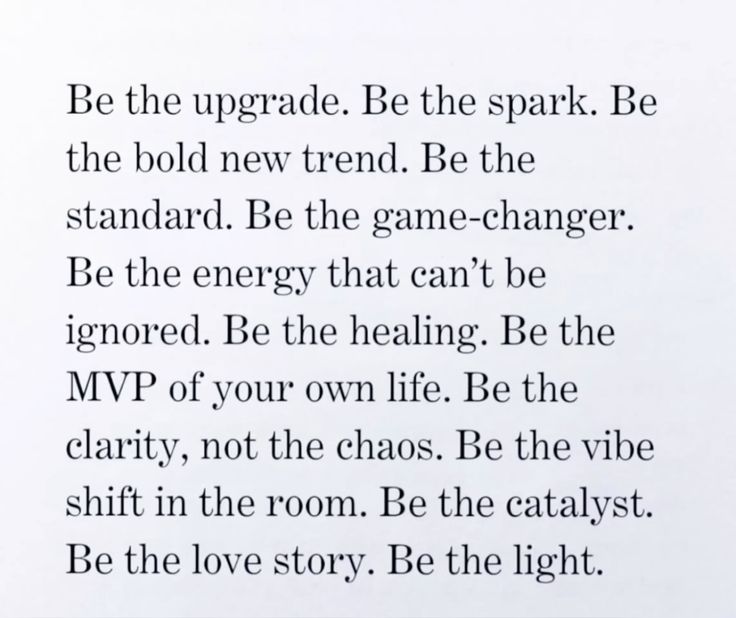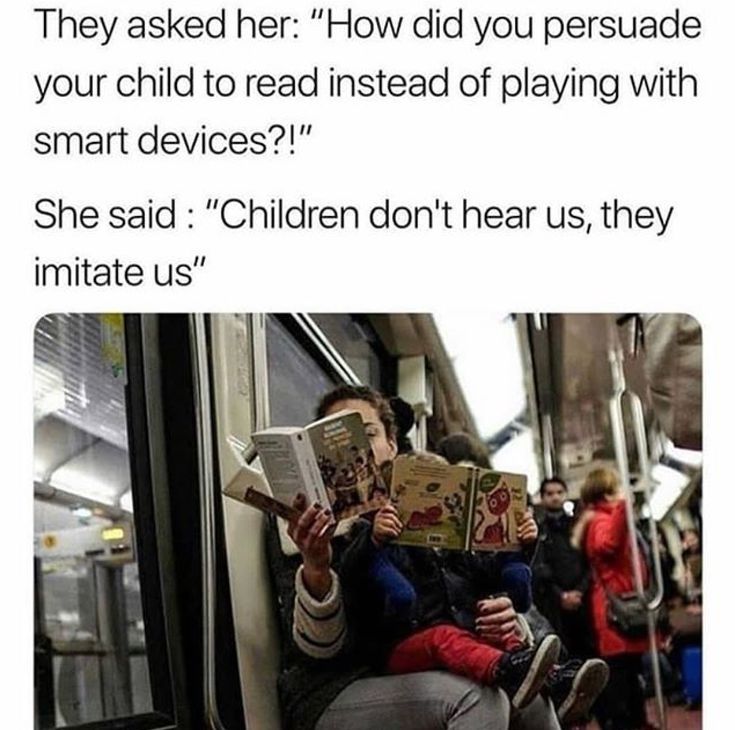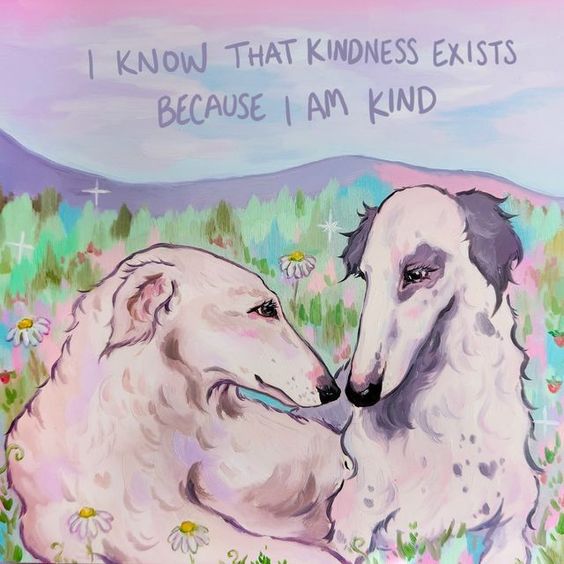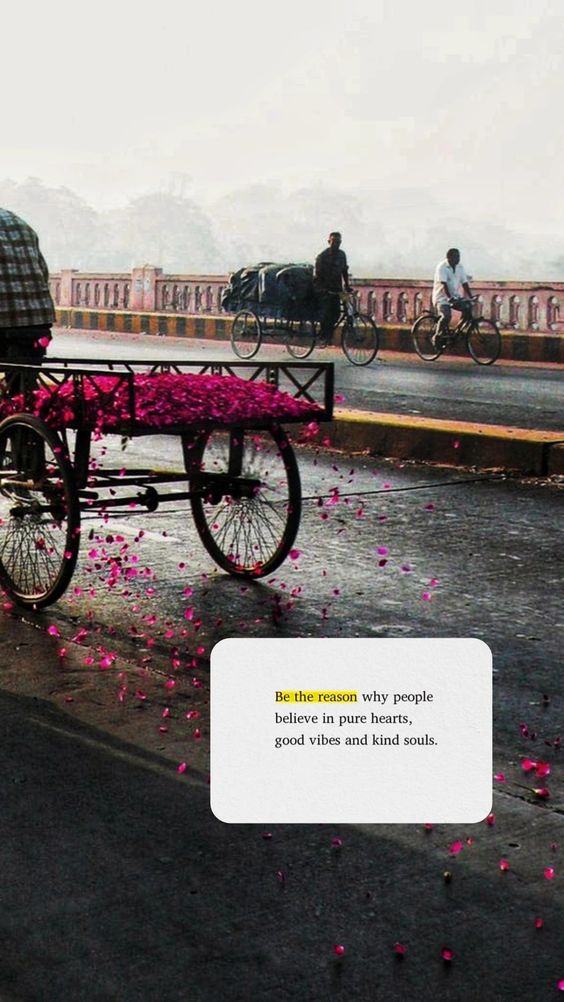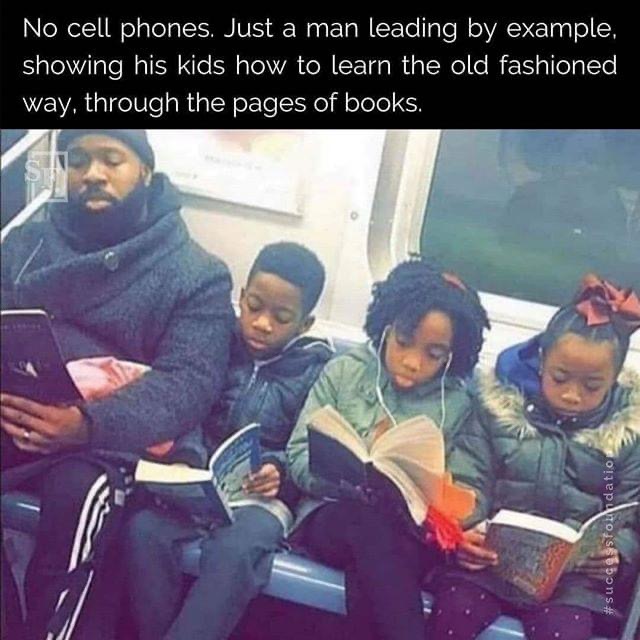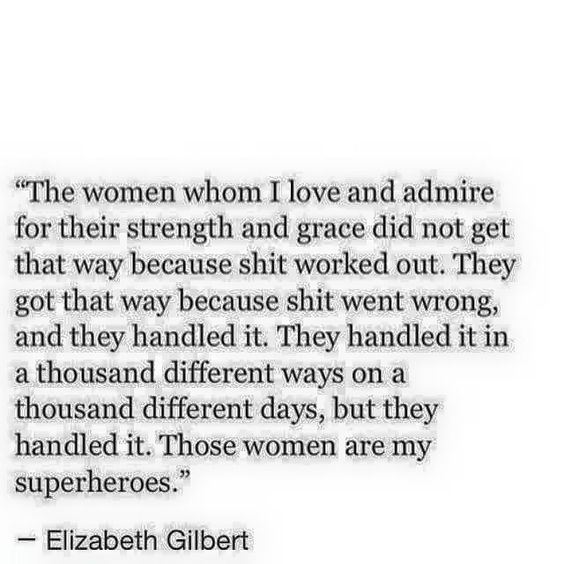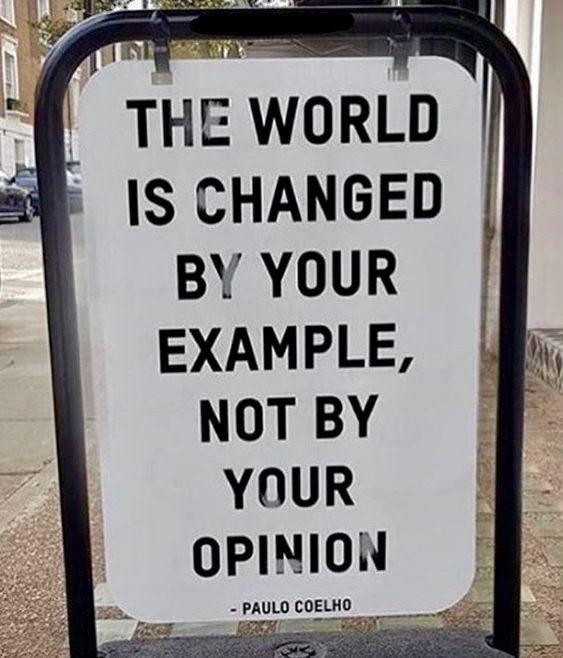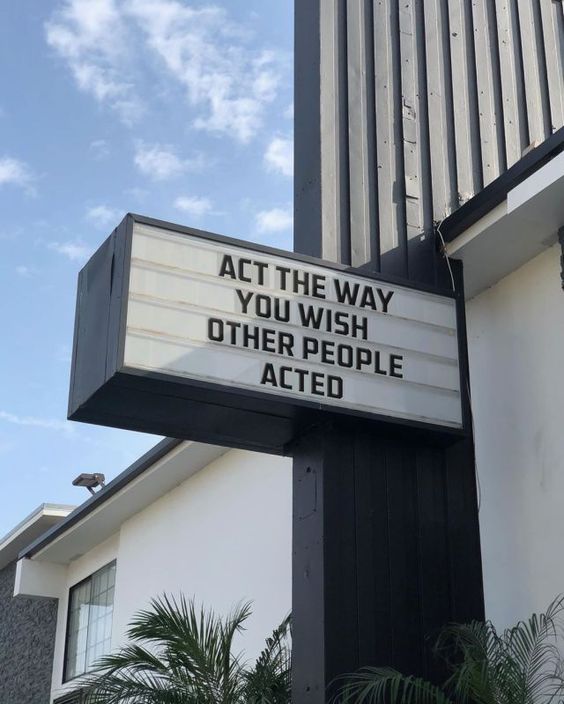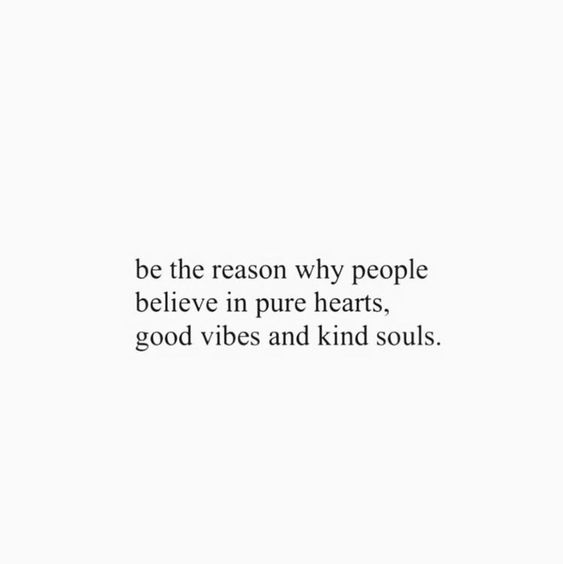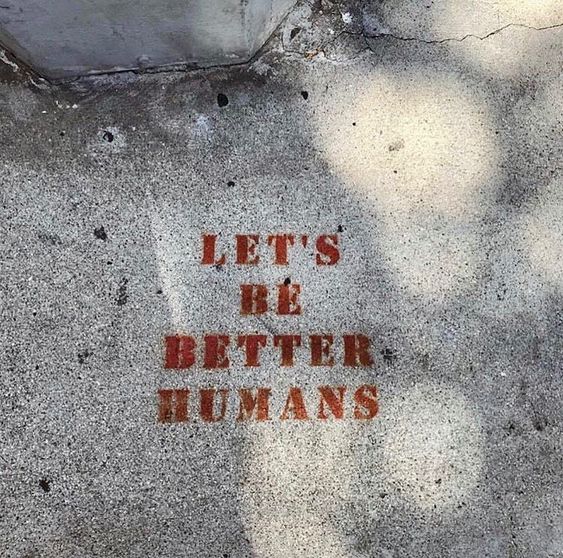“A woman once came to Gandhi with her child, concerned about her child’s habit of eating too much sugar. Knowing how much her child respected Gandhi, she asked him, ‘Could you please tell my daughter to stop eating sugar?’ Gandhi listened and then replied, ‘Please come back in two weeks.’ The woman and her child returned two weeks later. This time, Gandhi simply told the child, ‘Please do not eat sugar.’ Grateful, the mother thanked him, but she couldn’t help asking, ‘Why did we need to wait two weeks for you to say that?’ Gandhi said, ‘Two weeks ago, I was eating sugar.’“
Unknown
“Young people do not assimilate the values of their group by learning words (truth, justice, etc.) and their definitions. They learn attitudes, habits and ways of judging. They learn these in intensely personal transactions with their immediate family or associates. They learn them in the routines and crises of living, but they also learn them through songs, stories, drama, and games. They do not learn ethical principles; they emulate ethical (or unethical) people. They do not analyze or list the attributes they wish to develop; they identify with people who seem to them to have these attributes. That is why young people need models, both in their imaginative life and in their environment, models of what—at their best—they can be.”
John W. Gardner, Self-Renewal (Page 124)
“Every day we see or read of appalling things happening in the world as the result of violence in man. You may say, ‘I can’t do anything about it’, or, ‘How can I influence the world?’ I think you can tremendously influence the world if in yourself you are not violent, if you lead actually every day a peaceful life—a life which is not competitive, ambitious, envious—a life which does not create enmity. Small fires can become a blaze.”
J. Krishnamurti, Freedom From The Known (Page 118)
“I’d rather see a sermon than hear one any day;
I’d rather one should walk with me than merely tell the way.
The eye’s a better pupil and more willing than the ear,
Fine counsel is confusing, but example’s always clear…”
Edgar Guest, The Sermons We See (via Will page 301)
“Good books are a good influence. Good art is a good influence. Prayer is an influence as well. But the strongest influence is the example of a good life. A good life becomes a blessing for people, not only for those who live good lives but those who can see, know, and understand such lives.”
Leo Tolstoy, A Calendar of Wisdom (Page 343)
“You should behave in such a way that you can say to everybody, ‘Behave as I do.'”
Immanuel Kant, A Calendar of Wisdom (Page 152)
“It is no use walking anywhere to preach unless our walking is our preaching.”
St. Francis of Assisi, via Sunbeams (Page 115)
“Today, or anytime, when you catch yourself wanting to condescendingly drop some knowledge that you have, grab it and ask: Would I be better saying words or letting my actions and choices illustrate that knowledge for me?“
Ryan Holiday, The Daily Stoic (Page 137) | Read Matt’s Blog on this quote ➜
“There’s a time in every kid’s life when they’re still drawing every day and playing basketball every day. Then there’s a day when they stop drawing and keep playing basketball. They keep playing basketball because their parents do, and their parents don’t draw. At some point they’re like, ‘That can’t be cool because my parents don’t do it.’ You don’t think you’re cool, but if your kid says, ‘Dad, will you play with me?’ and you say, ‘Not now, I’m drawing,’ that kid is going to start drawing because that’s cool to them.”
Mo Willems
Viktor Frankl Quote on Influence and How To Nurture Greatness in Others
“Love is the only way to grasp another human being in the innermost core of his personality. No one can become fully aware of the very essence of another human being unless he loves him. By his love he is enabled to see the essential traits and features in the beloved person; and even more, he sees that which is potential in him, which is not yet actualized but yet ought to be actualized. Furthermore, by his love, the loving person enables the beloved person to actualize these potentialities. By making him aware of what he can be and of what he should become, he makes these potentialities come true.”
Viktor Frankl, Brain Pickings
Beyond the Quote (323/365)
For those who are trying to influence greatness in others I suggest this: don’t demand greatness; create the environment for greatness and let greatness flower as it may. Of course when you take the time to plant a seed, you want it to flower to its full potential—to become the greatest flower it has the potential to be. After all, you’re investing all of this time and energy into preparing its soil, watering it daily, protecting it from leaf-eating predators, and ensuring it has bountiful access to sunlight. Nobody wants to invest all of that time and energy into a seed that fails to flower to its full potential.
Read More »Viktor Frankl Quote on Influence and How To Nurture Greatness in Others